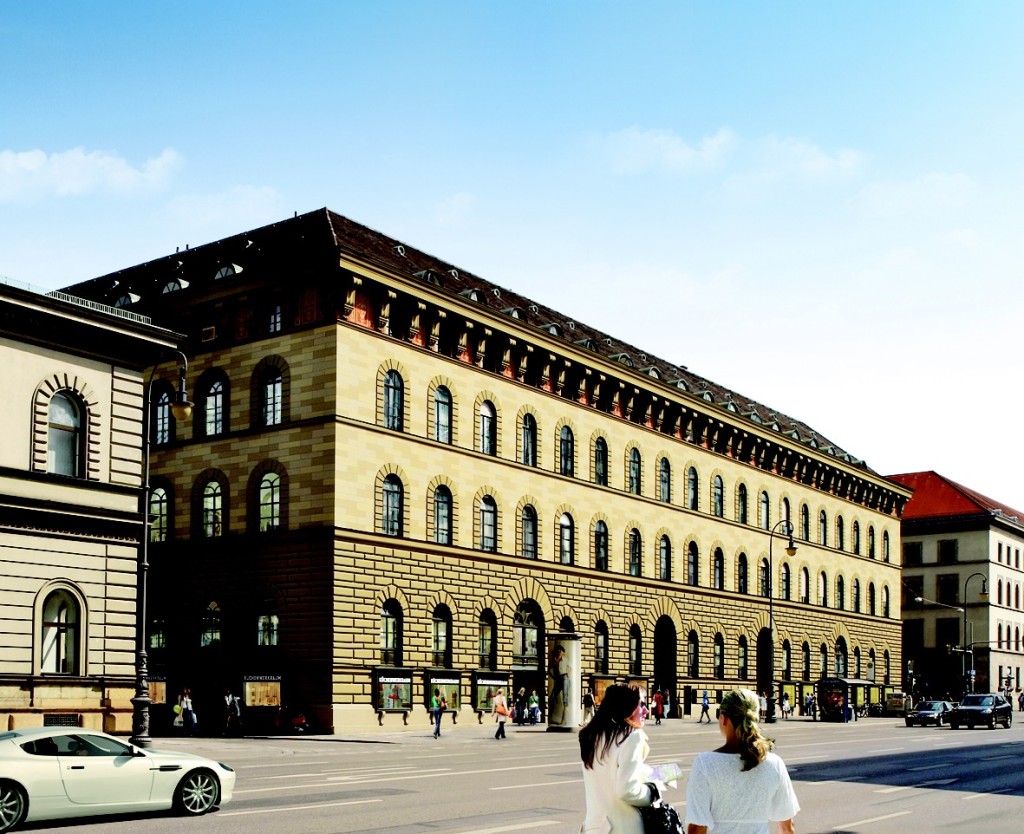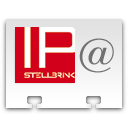Third largest german automotive supplier ZF seeks to expand
The third largest German automotive supplier ZF headquartered in Friedrichshafen is in talks with the American automotive supplier TRW about a possible takeover. As the world’s largest independent transmission manufacturer, ZF is not listed on the stock exchange, but currently in possession of the owner. However, ZF would not only catch up to its greatest competitor Continental and Bosch, but with TRW, its core business, fill a gap especially in the areas of electronics with video and radar systems. The CEO Stefan Sommer is anticipating to compete alongside the Internet giant Google for the promising future to develop autonomous driving technology. Google already started the race with his prototype Aptera, which was previously reported by Stellbrink IP extensively on May 28th. Read the Rest





